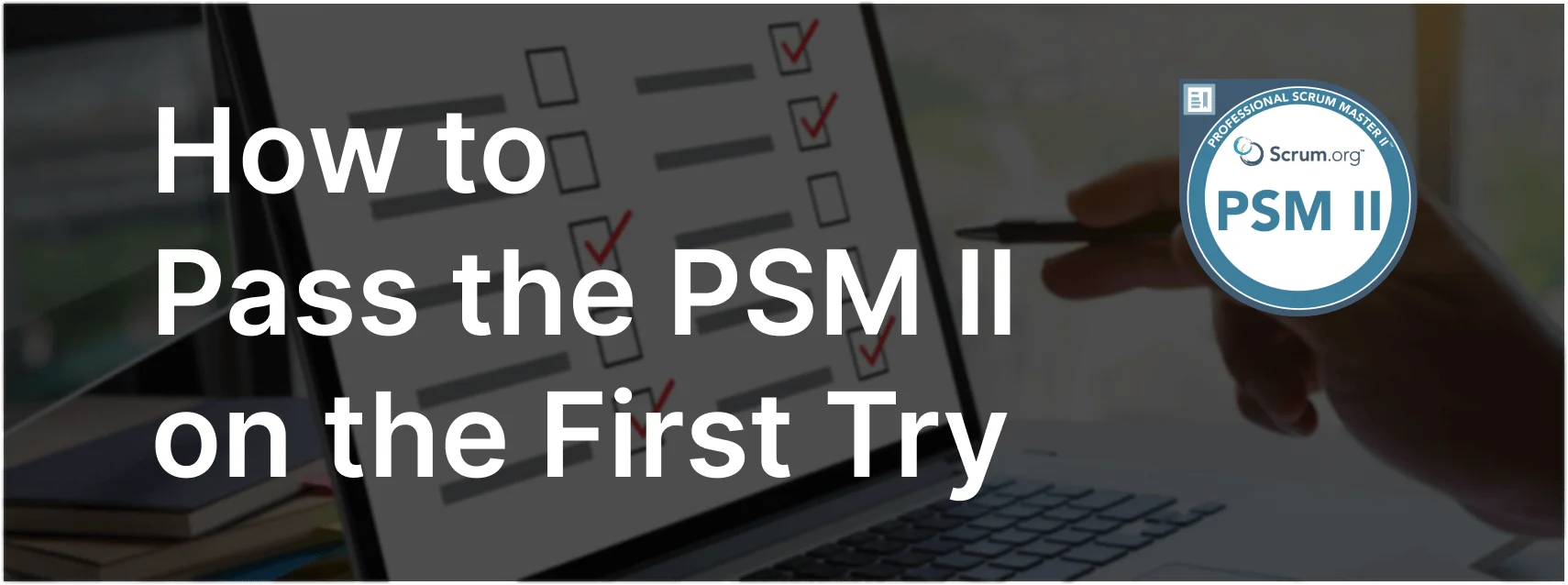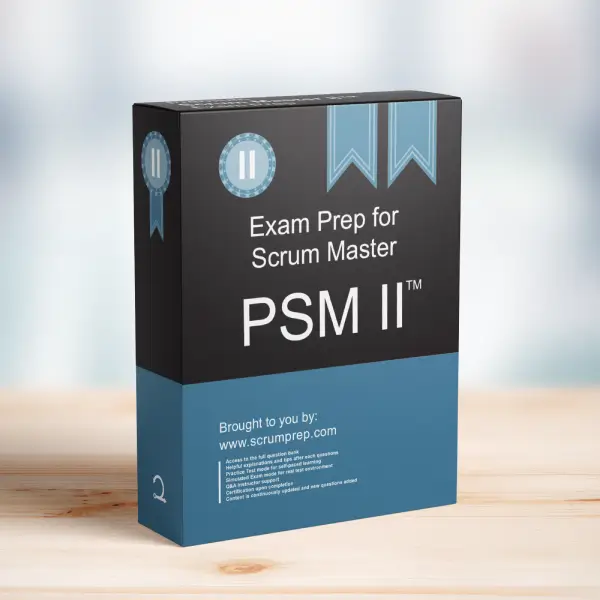Addressing Attendance Issues in the Daily Scrum
The Daily Scrum is a crucial event in Scrum, providing an opportunity for the Developers to inspect progress toward the Sprint Goal and adapt their plan for the next 24 hours. When one of the Developers consistently misses this event, it can impact the team’s collaboration and effectiveness. This article explores a specific exam question about how a Scrum Master should respond to this situation, providing detailed explanations and insights relevant to the PSM II exam.
Exam Question
One of the Developers is always missing the Daily Scrum. She feels that as long as she is doing her job well it doesn’t matter whether she attends or not. The other Developers are not doing anything about it. You are the Scrum Master of this team, how would you respond to this situation? (choose the best answer)
- A. Teach the Developers how to deal with this situation by attending the Daily Scrum yourself.
- B. Talk to the Developer who is missing the Daily Scrum and ask her to always attend the Daily Scrum.
- C. Ask the Developers what value they get by having the Daily Scrum with all team members present and what might go wrong if all Developers do not attend.
- D. You do not intervene. The Developers own the Daily Scrum, so they should deal with any issues with attendance.
Correct Answer
C. Ask the Developers what value they get by having the Daily Scrum with all team members present and what might go wrong if all Developers do not attend.
Explanation
Correct Answer
C. Ask the Developers what value they get by having the Daily Scrum with all team members present and what might go wrong if all Developers do not attend: This approach facilitates a team discussion about the importance of the Daily Scrum and the value it provides. By encouraging the team to reflect on the benefits of full attendance, the Scrum Master helps the team understand the purpose of the event and the potential negative impacts of missing members. This discussion promotes self-management and helps the team find a collective solution to the attendance issue.
Incorrect Answers
A. Teach the Developers how to deal with this situation by attending the Daily Scrum yourself: While the Scrum Master can attend the Daily Scrum to observe and facilitate, the primary role is to coach the team to self-manage and address issues independently. The Scrum Master should avoid taking over responsibilities that belong to the Developers.
B. Talk to the Developer who is missing the Daily Scrum and ask her to always attend the Daily Scrum: Directly addressing the Developer may solve the immediate issue, but it does not foster a deeper understanding within the team about the importance of the Daily Scrum. It also bypasses the opportunity for the team to self-manage and collectively resolve the problem.
D. You do not intervene. The Developers own the Daily Scrum, so they should deal with any issues with attendance: While it’s true that the Developers own the Daily Scrum, the Scrum Master has a role in coaching and facilitating the team to ensure they understand and adhere to Scrum practices. Completely ignoring the issue may lead to ongoing attendance problems and undermine the effectiveness of the Daily Scrum.
Responsibilities in Scrum
- Product Owner: The Product Owner ensures that the Product Backlog is transparent and well-ordered, but they are not directly involved in the Daily Scrum. Their role is to support the Developers in delivering valuable increments.
- Scrum Master: The Scrum Master facilitates Scrum events and coaches the team on Scrum practices. They help the team understand the importance of events like the Daily Scrum and encourage adherence to these practices for effective collaboration and progress.
- Developers: Developers are responsible for attending and actively participating in the Daily Scrum. They use this event to inspect progress and adapt their plan to achieve the Sprint Goal.
Relevance to the PSM II Exam
Understanding how to handle attendance issues in the Daily Scrum is crucial for the PSM II exam. It demonstrates advanced knowledge of Scrum principles and the role of the Scrum Master in facilitating effective Scrum events. Mastering this concept ensures that Scrum Masters can guide their teams in maintaining the focus and productivity of the Daily Scrum.
Key Takeaways
- Facilitating a team discussion about the value of the Daily Scrum promotes self-management and collective problem-solving.
- The Scrum Master should coach the team to understand the importance of Scrum events and encourage adherence to practices.
- Addressing attendance issues through team reflection fosters a deeper understanding and commitment to the Scrum process.
Conclusion
Addressing attendance issues in the Daily Scrum requires a balance of coaching and facilitation. By encouraging the team to reflect on the value of full attendance and the potential impacts of missing members, the Scrum Master promotes self-management and collective problem-solving. Understanding these principles is crucial for effective Scrum implementation and success in the PSM II exam. For comprehensive preparation and practice exams, check out PSM II Exam Prep to enhance your understanding and application of Scrum principles.


